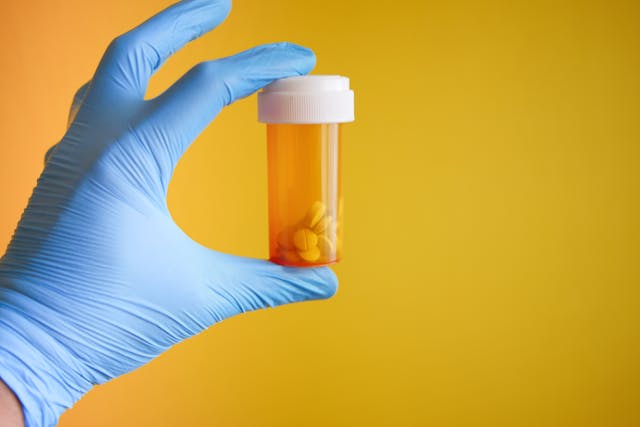Is It Illegal to Possess Drugs Without a Valid Prescription in New Jersey?
Posted April 18th, 2024.
Categories: Blog.

Drugs can be beneficial when being used as treatments for certain ailments like sleeping disorders, severe or chronic pain, or cancer. However, those types of drugs can be dangerous too, and pose a threat to anyone who becomes addicted or reliant on them. Obtaining and possessing certain drugs without a valid prescription is illegal in New Jersey. For help with your drug case and more information, reach out to a New Jersey criminal defense attorney.
What Drugs Need a Prescription?
There are plenty of relatively safe medications that require a prescription such as antibiotics or even high doses of ibuprofen. However, the state and federal governments regulate certain drugs which are known as controlled substances. Their use is restricted due to the high potential for abuse or addiction. Controlled substances are divided into five schedules, I through V.
Some examples of controlled substances that require a prescription can include the following.
- Fentanyl
- Hydromorphone
- Meperidine
- Methadone
- Morphine
- Oxycodone
Because of their addictive nature, these drugs are strictly regulated and access to them is limited. You will likely not be able to get a refill on a prescription for one of the above drugs without seeing your doctor first.
Is It a Crime in New Jersey to Possess Drugs Not Prescribed to You?
In the state of New Jersey, it is illegal to knowingly possess certain drugs and medications without a valid prescription from a medical professional. You may be prescribed a Schedule II through Schedule V drug from a nurse practitioner, optometrist, physician assistant, or other doctor with the proper licensing and certification. A licensed pharmacist can fill and dispense a valid prescription for controlled substances.
What Are the Penalties for Possession of Drugs Without a Valid Prescription?
Depending on how much of the drug you had in your possession and if you intended to distribute them, your penalties will vary. You can be charged with a disorderly persons offense (New Jersey’s term for a misdemeanor) or an indictable crime (felony). You may be required to complete community service or a rehabilitation program in addition to the following charges.
Disorderly persons offense: Obtaining or possessing four or fewer doses of a drug that was not prescribed to you.
- Fines up to $1,000
- Up to 6 months in prison
Fourth-degree indictable crime: Obtaining or possessing four or fewer doses of a drug that was not prescribed to you with the intent to sell.
- Fines up to $10,000
- Up to 18 months in prison
Third-degree indictable crime: Obtaining or possessing 5 to 99 doses of a drug that was not prescribed to you with the intent to sell.
- Fines up to $200,000
- 3 to 5 years in prison
Second-degree indictable crime: Obtaining or possessing 100 or more doses of a drug that was not prescribed to you with the intent to sell.
- Fines up to $300,000
- 5 to 10 years in prison
